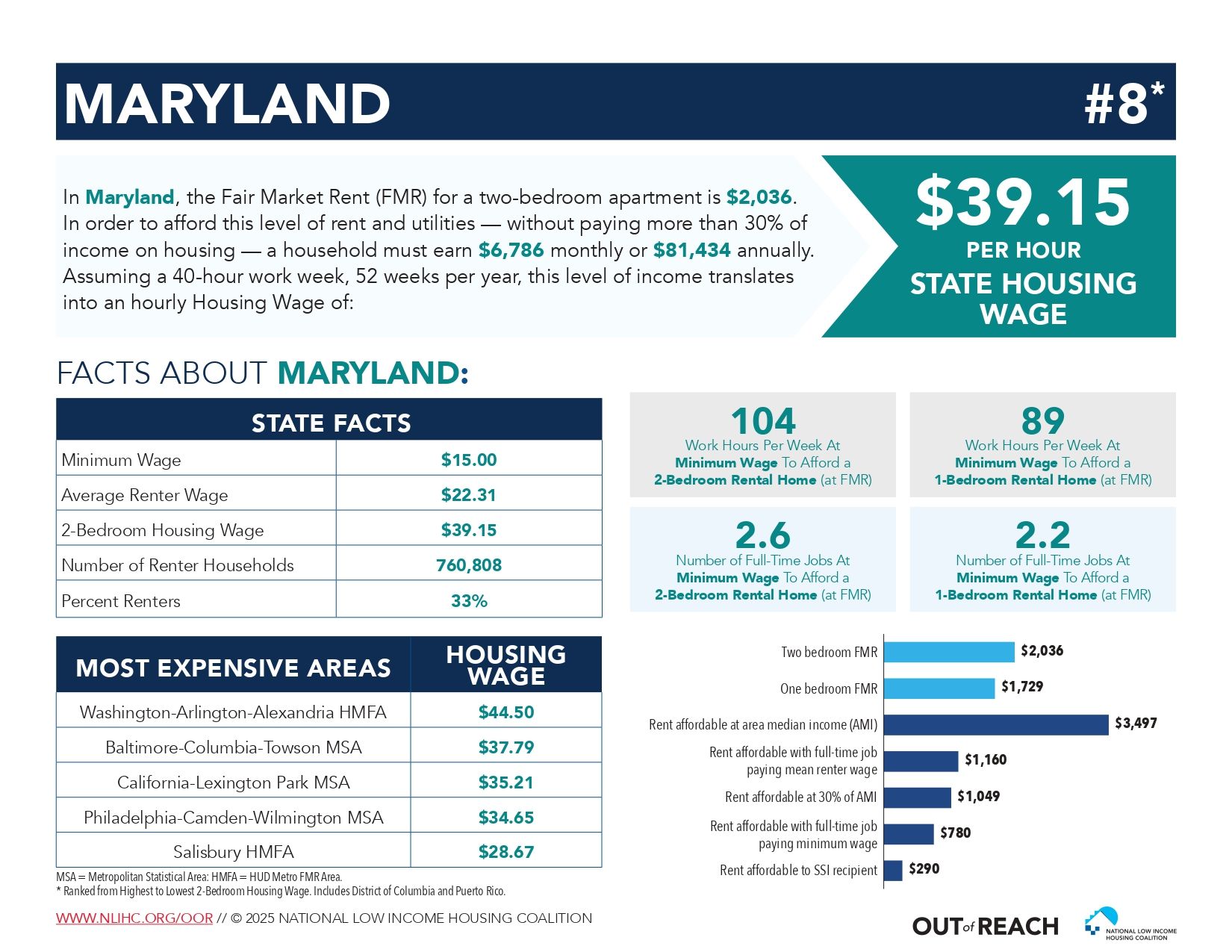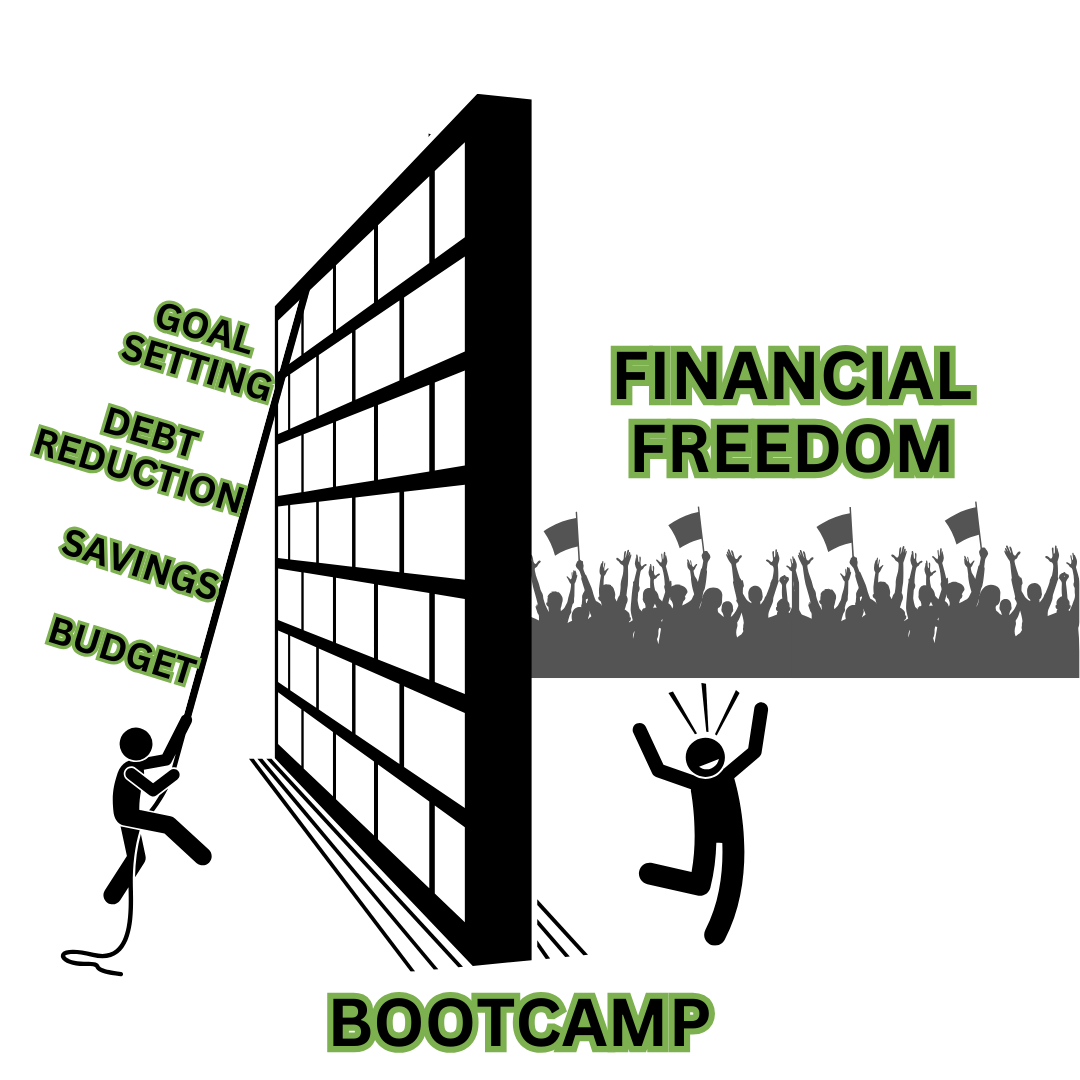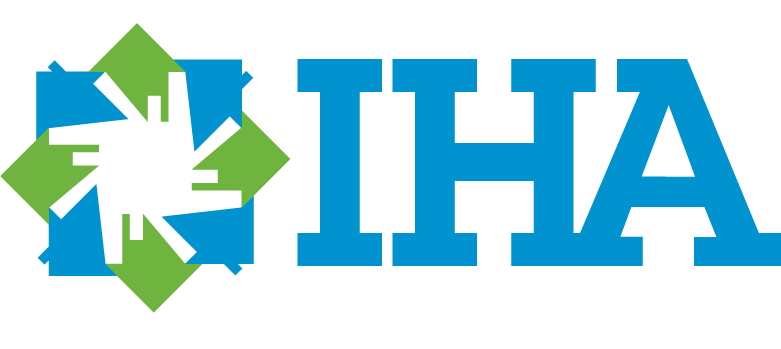Buddy inspires health, wellness program at Chambersburg apartment complex
Buddy inspires health, wellness program at Chambersburg apartment complex
By IRIS HERSH Staff writer Public Opinion
Wellness program mascot: A yellow lab named Buddy
Jason Huhn, Chambersburg, was born blind.
At 27 years old, in 2004, Jason spent a month in Michigan and came home with an 18-month-old yellow lab named Buddy, his new seeing eye dog. For more than five years Buddy and Jason were nearly inseparable. Wherever Jason went, Buddy was by his side.
In January 2010, Buddy suffered a seizure and could no longer work, but he continued to be a member of Jason’s family. So when Jason and his mother, Julia Huhn, moved to Washington Square Apartments, Chambersburg, in September, Buddy came along.
“Buddy loves people and people love Buddy, so he quickly became the building mascot,” said Anne Copenhaver, Supportive Services Coordinator, Washington Square Apartments. “Everyone who came into the building was greeted by his wagging tail and friendly ‘sniff.’”
Buddy spent a lot of time in the building’s community room, and he also loved to eat and everyone loved to feed him. Buddy became overweight.
By mid-January, Buddy became lethargic and was drinking water constantly.
After an examination and blood tests it was determined that Buddy was diabetic. That meant some significant lifestyle changes for Buddy. No more snacks, and Buddy was placed on a strict diet of two cups of a special dry food a day, he was tested daily, was given insulin injections and exercised more.
Buddy is getting better. He is getting more exercise, lost about 25 pounds, is more active and his blood sugar is back to normal.
Now he is doing even more.
Buddy became the mascot and inspiration for a year-long, building-wide program to help his human friends become healthier, Copenhaver said.
On July 1, Summit Endowment began providing funding through a grant for Buddy’s Buddies, also known as Growing Stronger, for a health and wellness on-site program at Washington Square Apartments. Lutheran HomeCare and Hospice, Chambersburg, is the program’s medical partner.
Lutheran Home Care provides monthly education and support group meetings an hour each month, said Joyce Kwamena-Poh, executive administrator of Interfaith Housing Alliance Inc. A nurse comes to check diabetic residents’ blood glucose readings and teaches them how to do this by themselves daily and track their readings. Certified diabetic educator, Mona Lemanski, Carlisle, provides presentations every other month. Sessions will be presented using hands on materials, PowerPoint presentations and product use. Residents will learn about the importance of diet and exercise. Participants keep logs to track their glucose readings, exercise activities and food choices. As part of the program, residents also participate in exercise classes twice a week and take part in a healthy meal session monthly.
“It (the program) focuses on the management and prevention of diabetes and other chronic diseases for the senior residents and is a component of IHA’s comprehensive support services plan,” said Kwamena-Poh. “The Growing Stronger program is a pilot program and IHA sees this as a benefit for many other low income seniors to help them live strong, independent and vibrant lives.
Washington Square Apartments is for low income seniors and disabled people. Please contact Becky Broussard for more information at rbroussard@interfaithhousing.org or 717-414-5030.



